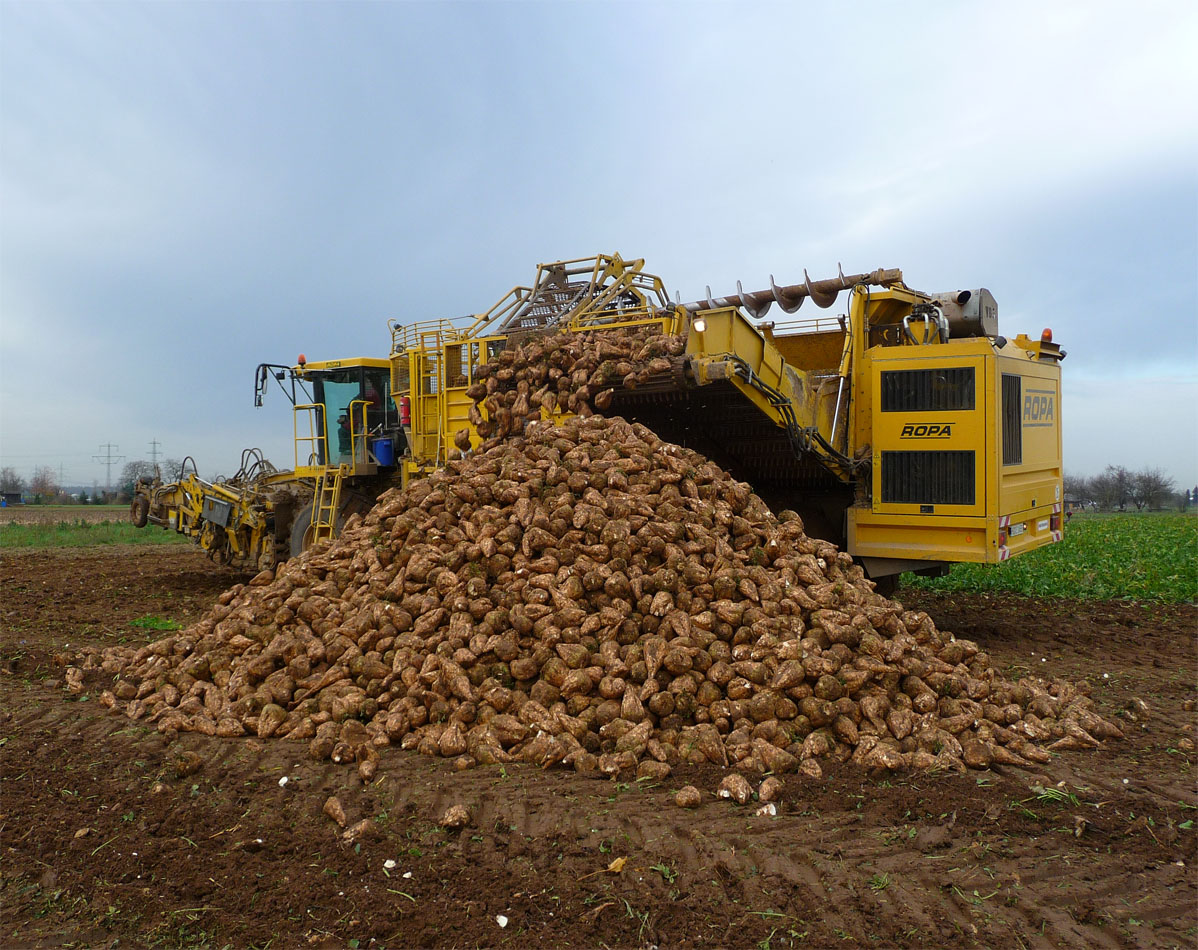Sugar Beet
The production of renewable energy with bio-gas obtained from anaerobic digestion of agricultural waste is a time-honored technology. Italian farming companies have been recycling agricultural and food-processing waste into clean energy for almost 40 years, boosting both their revenues and environmental sustainability.
The overall production of methane from anaerobic digestion of agricultural waste in Italy amounts to 1.4 billion cubic meters per year, equivalent to about 2.5 billion cubic meters per year of bio-gas. The latest official data available from Italy’s Gestore dei Servizi Energetici (GSE) or Energy Service Overseer indicate that, as of the end of 2013, there were 245 bio-gas generating plants in Italy for a total installed power of 108.2 MW, producing 715 GigaWh of energy. Counting all forms of biomasses, GSE says that at the end of 2013, Italy had a total of 402 plants, generating 1,644 GigaWh of energy.
Biomasses that can be processed in anaerobic digesters range from animal manure to fruit and vegetable waste, from slaughter by-products to dedicated crops.
The use of sugar beets for bio-gas production has become common both in Germany and in Italy. Laboratory experiments confirm that in the case of sugar beets, about 80% of organic dry mass is converted into bio-gas after a few days of digestion. The efficiency of beet-waste as a fuel rivals that of corn. Sugar beets’ potential as a fuel has been recognized also by ANB, Italy’s Beet Growers Association, which started developing a project for the production of energy from beet waste in 2006. In this ambitious project, ANB planned the construction of six biogas plants for a total of 5.5 MW of installed power, distributed between Lombardia, Veneto and Emilia Romagna regions. All plants went into operation in 2012.
